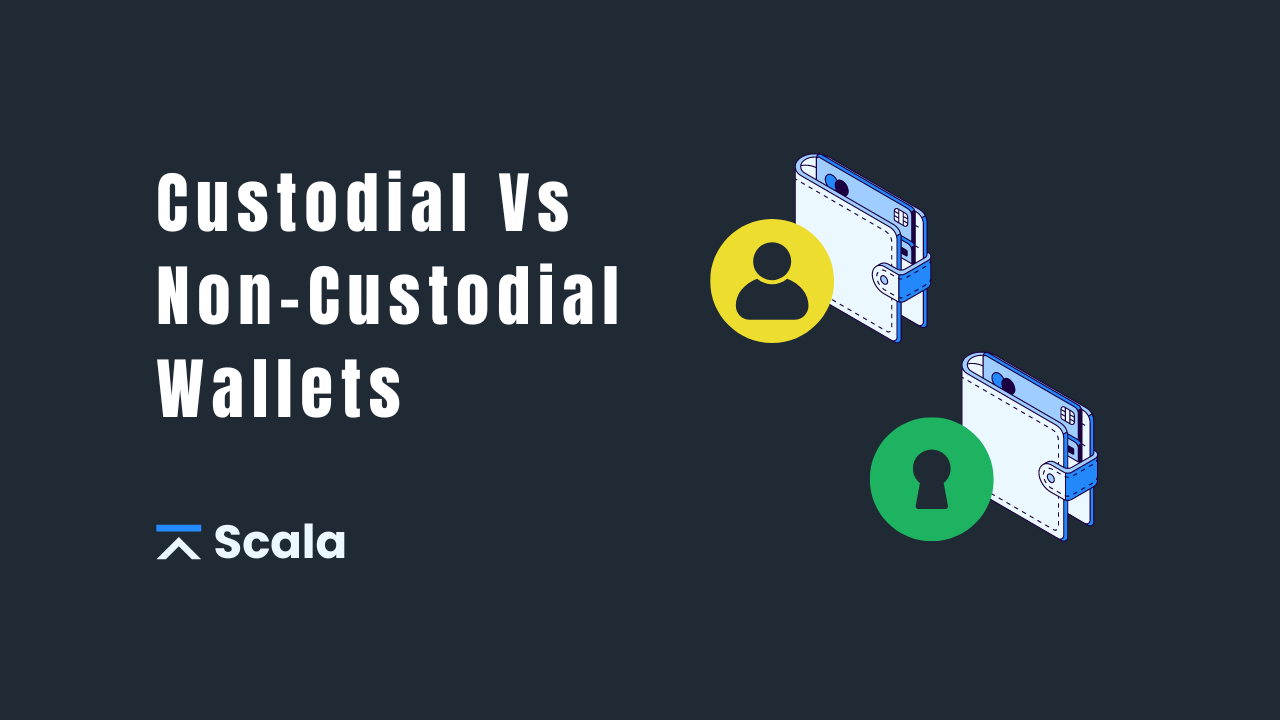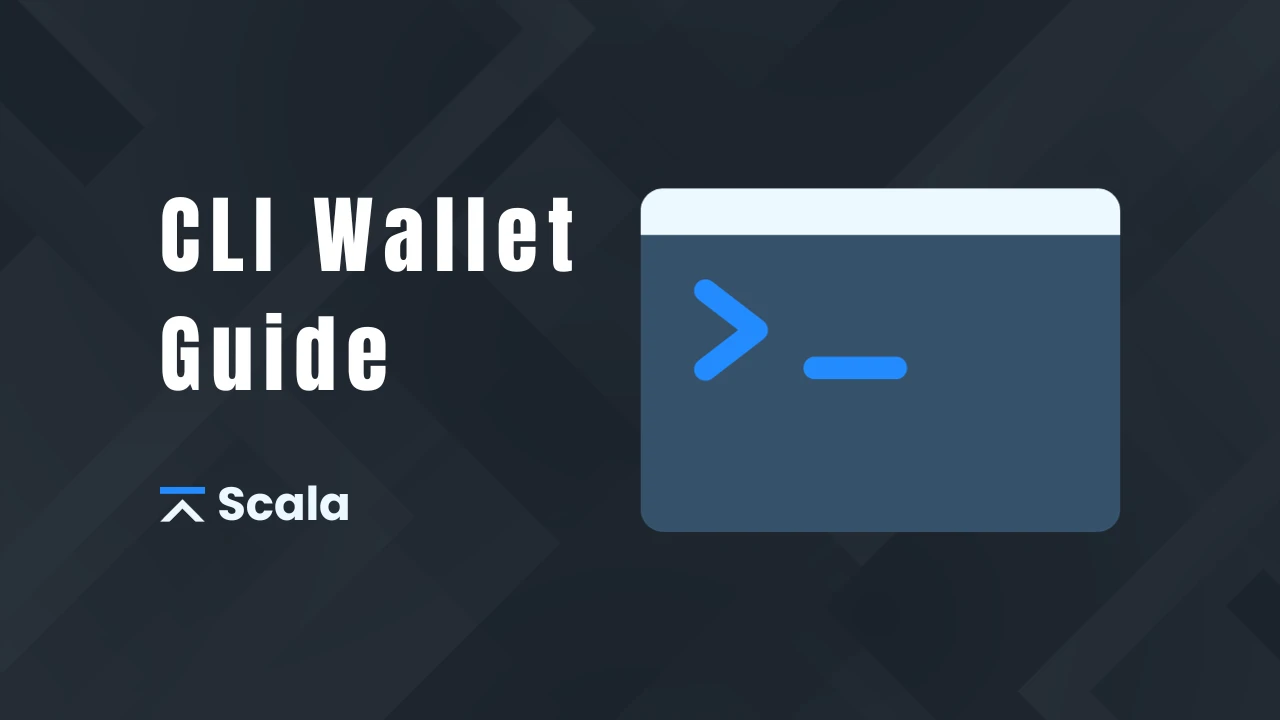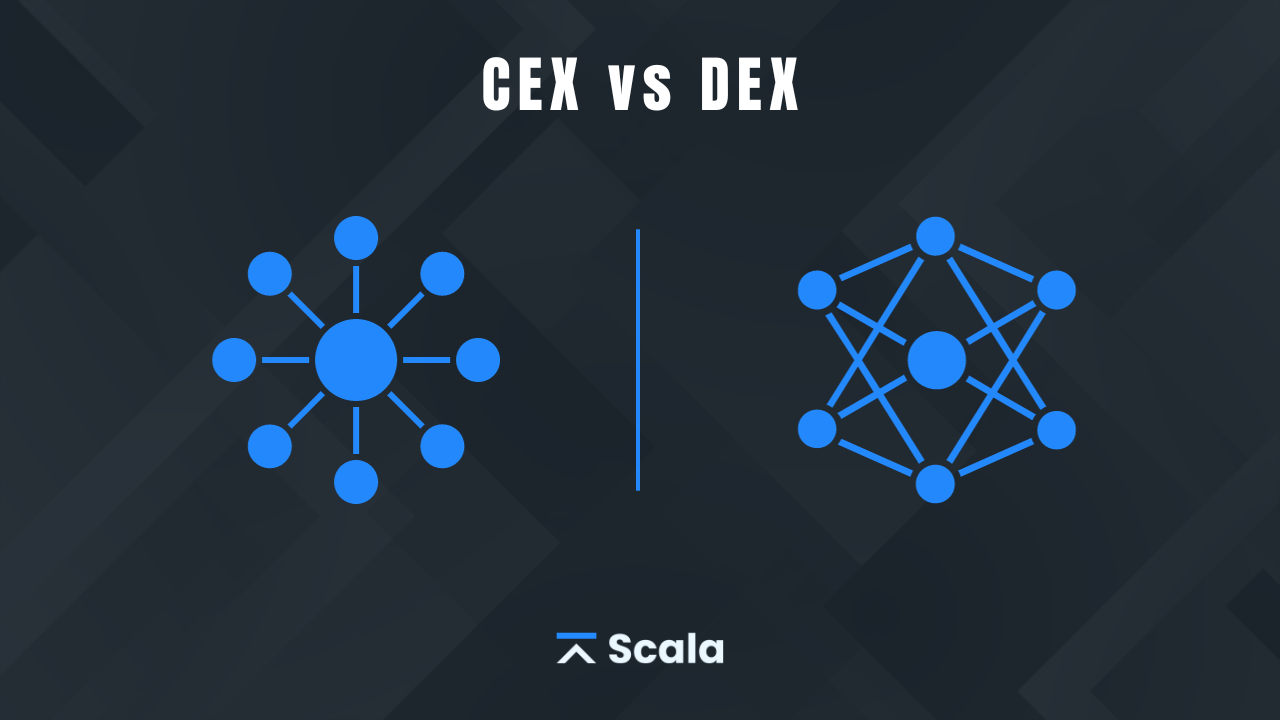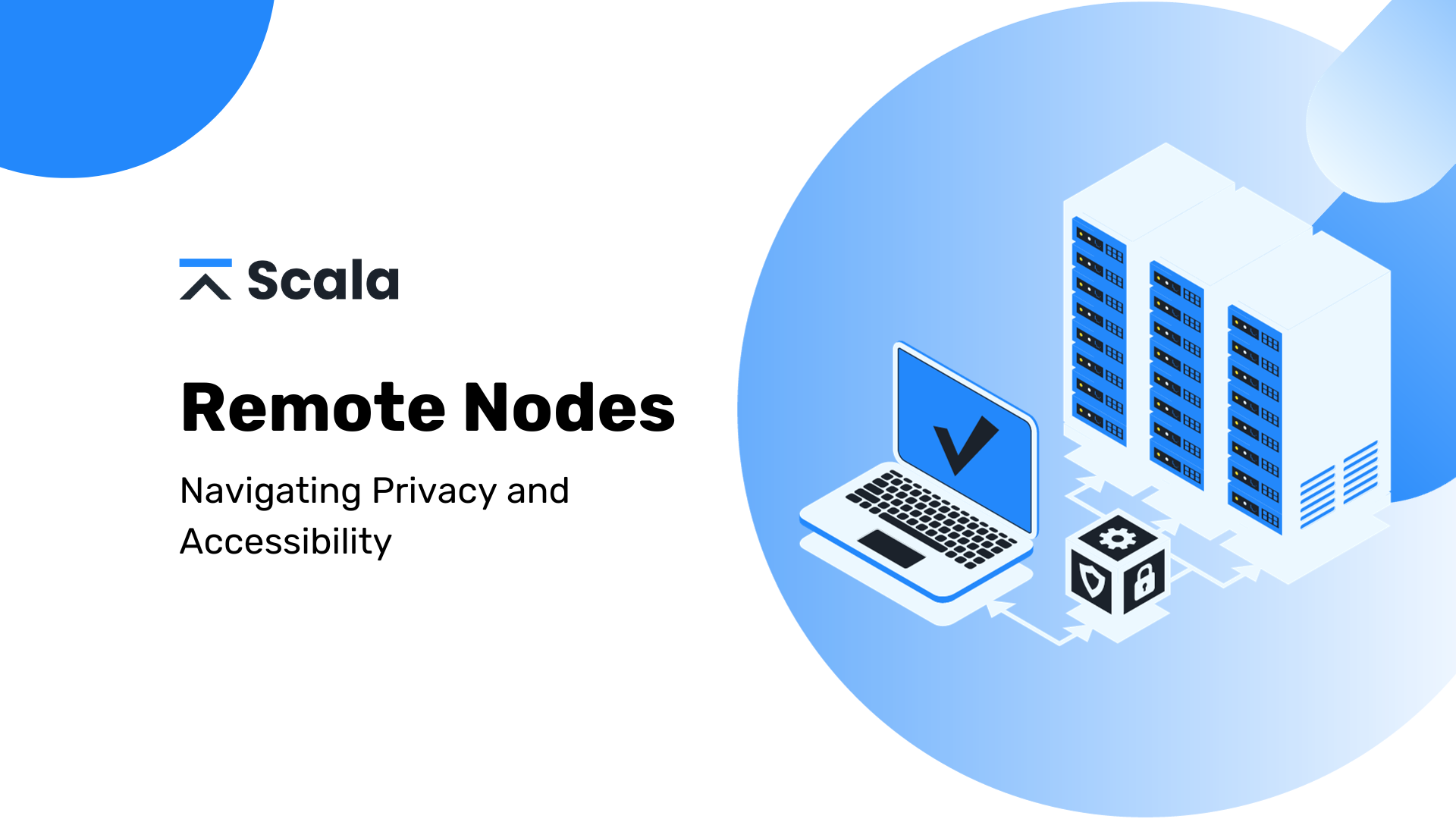
In the dynamic world of cryptocurrencies, the choice of a wallet plays a crucial role in safeguarding digital assets. Scala, a cryptocurrency that prioritizes privacy and mobile accessibility, offers users two main types of wallets: custodial and non-custodial. Understanding the differences between these two options is essential for users looking to make informed decisions about the security and control of their funds.
Custodial Wallets: Convenience with Trade-offs
Custodial wallets, also known as hosted wallets, are a type of wallet where a third party, such as an exchange or wallet service provider, holds and manages the private keys on behalf of the user. Scala users opting for custodial wallets benefit from a seamless and user-friendly experience. The responsibility of securing private keys and managing transactions is outsourced to the service provider, making it convenient for those who are new to the cryptocurrency space.
However, this convenience comes with trade-offs. Users of custodial wallets sacrifice a degree of control over their funds, as the service provider has access to their private keys. This reliance on a third party introduces a level of trust that may not align with the core principles of decentralization and privacy that many cryptocurrency enthusiasts value.
Non-Custodial Wallets: Empowering Users with Control
On the other hand, non-custodial wallets, also known as self-hosted wallets, empower users with full control over their private keys and funds. Scala’s commitment to privacy aligns well with the principles of non-custodial wallets, as it ensures that users have complete ownership and responsibility for their assets.
Non-custodial wallets provide a higher level of security, as the private keys are stored locally on the user’s device. This eliminates the risk of a centralized service being compromised and gives users the ability to access their funds anytime, anywhere. The use of decentralized technologies aligns with the ethos of many cryptocurrency enthusiasts who prioritize privacy and autonomy.
Scala’s Approach: Balancing Privacy and Accessibility
Scala cryptocurrency recognizes the importance of both privacy and user accessibility. While custodial wallets provide a user-friendly experience, Scala encourages users to consider non-custodial options for enhanced control and security.
Scala’s non-custodial wallets leverage cutting-edge encryption techniques to ensure the privacy and security of user funds. By adopting a hybrid approach, Scala seeks to strike a balance between user convenience and the core principles of decentralization.
Download Scala Wallets
Scala supports custodial and non-custodial wallets. Depending on your needs, you can download and install your preferred application at https://scala.network/wallets/.
Conclusion: Making an Informed Choice
As users navigate the Scala cryptocurrency landscape, the choice between custodial and non-custodial wallets boils down to individual priorities. Those seeking ease of use and convenience may find custodial wallets appealing, while users prioritizing control, security, and adherence to decentralization principles may opt for non-custodial wallets.
Ultimately, the key to a successful cryptocurrency journey lies in making an informed choice based on individual preferences and priorities. Scala’s commitment to both privacy and accessibility provides users with a range of wallet options, allowing them to tailor their experience to align with their unique needs and preferences.



